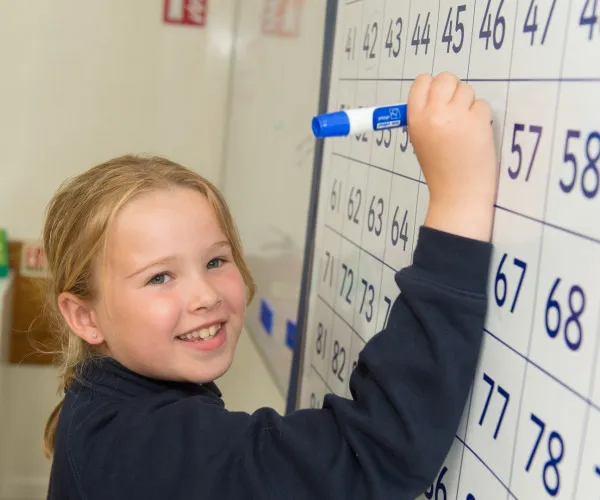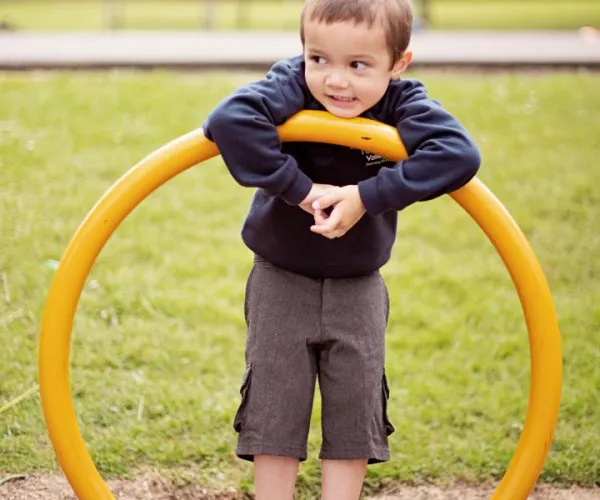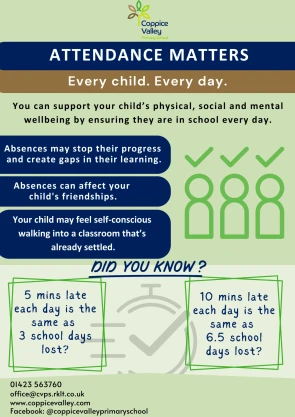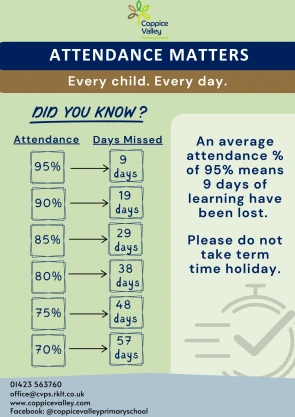Can I go on holiday in term time?
You have to get permission from the headteacher if you want to take your child out of school during term time. There is no automatic entitlement in law to time off in school time to go on holiday and it is strongly discouraged by the government, local authority and school.
You can:
- make an application to the head teacher in advance (from the parent the child normally lives with) using the Holiday Request form on the website or from the school office.
What are the Exceptional Circumstances for Holiday Leave?
Exceptional Circumstances means that the events leading to the request are untypical and unusual and are highly unlikely to happen again. It’s up to the headteacher how many days your child can be away from school if leave is granted for Exceptional Circumstances.
Examples of exceptional circumstances where leave may be granted during term time are as follows:
- If a parent is armed service personnel and is returning from a tour of duty abroad where it is evidenced the individual will not be in receipt of any leave in the near future that coincides with school holidays.
- Where an absence from school is recommended by a health professional as part of a parent or child’s rehabilitation from a medical or emotional issue.
- The death or terminal illness of a close relative, only if Headteacher is satisfied that the circumstances are truly exceptional.
- Religious observance – The Education Act 1996 S444(3) (c), states ‘’on any day exclusively set apart for religious observance by the religious body to which his/her parent belongs’’.
- To attend a wedding or funeral of a close relative if the Headteacher is satisfied that the circumstances are truly exceptional; Leave should only be authorised for this purpose when a Headteacher is satisfied that there is a persuasive reason for holding the wedding during term time and there WILL be an onus on parents to show clear evidence that this absence is absolutely an exceptional circumstance.
- Where there are exceptional and unforeseen circumstances that fall outside of the above, the Headteacher may consult with the Local Authority Attendance Officer or with the governing body prior to any authorisation being given to the parent.
Evidence would be required in each case.
When considering exceptional term time leave requests, the following factors are considered:
- Time of the academic year when the leave has been requested
- Duration of the absence – number of school days being missed. Anything over 10 school days is unlikely to be authorised.
- The child’s current attendance and punctuality rate. If the child has attendance below 90% prior to the request, it is unlikely leave will be authorised.
- Exceptional Term time leave requested/taken in previous academic years for a similar purpose. Exceptional circumstances mean the event is unusual and untypical i.e. should not happen more than once.
- Whether parent/carers have considered limiting the amount of time the child would be absent from school e.g. wrapping around school holiday.
- Have alternative care arrangements been considered by the parent/carer to limit the time away from school.
- Impact on any interventions, assessments or referrals being undertaken with the child or family e.g. family support, social care assessments, CAMHS, SEN.
- The impact that the absence will have on the child.
- Whether it falls within any key stage national tests or exams.
Examples of circumstances NOT considered as exceptional
- Holidays abroad for the purpose of visiting a sick relative, excepting where that person is seriously ill. Medical evidence may be requested.
- Holidays taken in term time due to lower cost/parental work commitments.
- Holidays taken for the “experience” that is on offer.










 Attendance Champion
Attendance Champion Attendance Support
Attendance Support Attendance Support
Attendance Support











